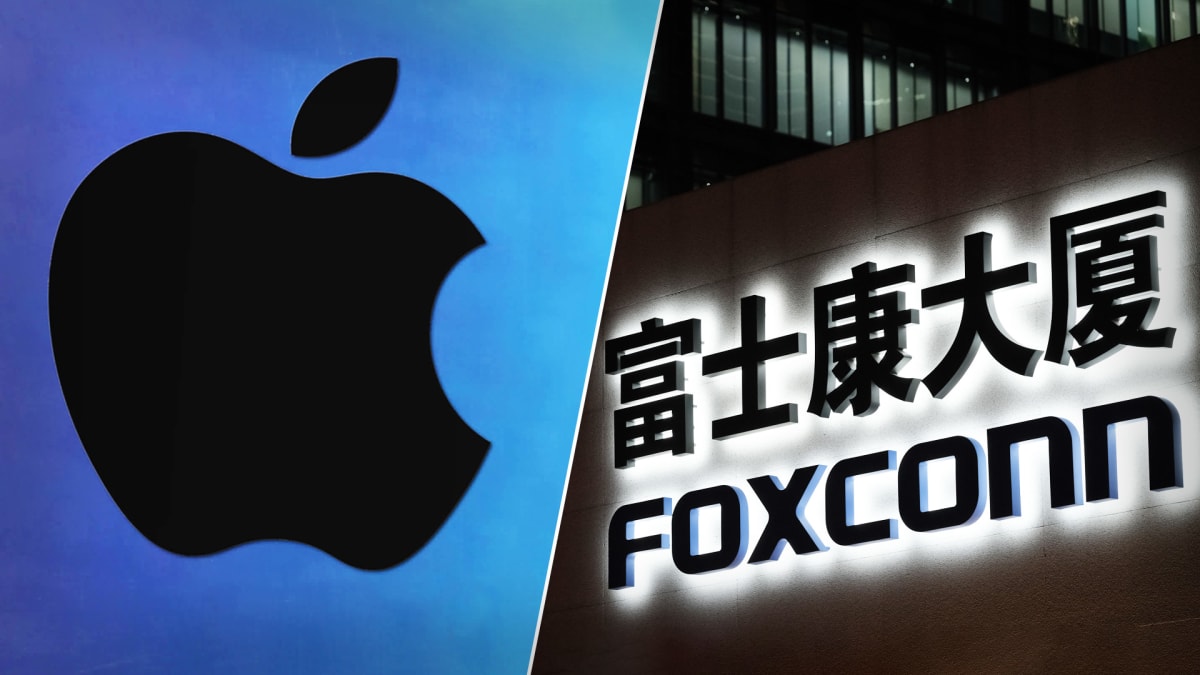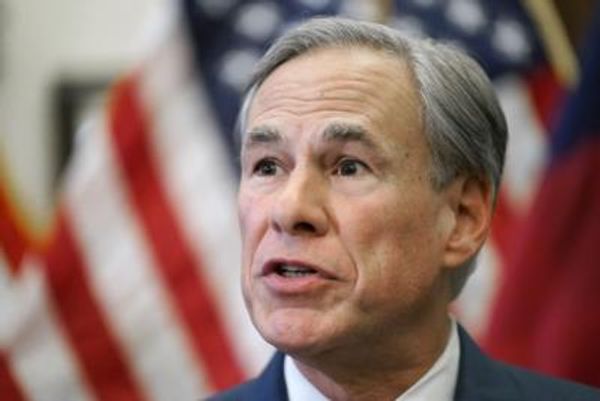
Apple (AAPL) shares moved lower Monday following a report suggesting the tech giant will need to extend wait times for its new, high-end iPhone 14s beyond Christmas amid ongoing production delays at a key factory in China.
The South China Morning Post reported Monday that Foxconn, the word's biggest iPhone assembler, is scrambling to bring production at its Zengzhou facility -- known as iPhone city -- following restrictions linked to China' controversial 'Covid zero' health policies.
As a result, Apple's main China website now suggests some customers will need to wait until January 3 for the delivery of iPhone 14 Pro and Pro Max models. That's two weeks longer than for orders made in early October. China accounts for around 15% of Apple's overall iPhone sales.
Covid infections in China have risen close to nearly 27,000, the highest since April, casting further doubt on any near-term 'pivot' in health policy from President Xi Jinping. Schools were closed in the capital city of Beijing Monday, with residents urged to stay at home, following the spike in infections and the first Covid-related deaths in more than six months.
Earlier this month, Apple cautioned that Covid restrictions at a key manufacturing plant in China would curtail shipments of its higher-end iPhones heading into the holiday season in most of its global markets.
Apple said that Foxconn's 200,000-person factory in Zhengzhou was "currently operating at significantly reduced capacity" owing to Covid restrictions put in place last month by officials in Beijing and warned that it could curtail shipments of its higher-end iPhones heading into the holiday season.
Foxconn itself said on November 10 that it will adjust its production capacity in China and elsewhere to ensure that Covid-linked shutdowns have a minimal impact, but noted that December quarter smartphone revenues would likely decline on year-on-year basis nonetheless.
Apple shares were marked 1.9% lower in Monday afternoon trading to change hands at $148.39 each, trimming the stock's six-month gain to around 4%.
Apple CEO Tim Cook said last month that iPhone demand has remained healthy, but noted that supply constraints for both the 14 Pro and the 14 Pro Max continued to persist heading into the key holiday season, even prior to the added restrictions at Zhengzhou.
iPhone revenues, in fact, were an important component of Apple's better-than-expected September quarter earnings, with sales rising 9.6% from last year to $42.62 billion.
Overall revenues, however, rose 2% from last year to an all-time high of $90.15 billion, helping Apple to a Street-beating fourth quarter earnings tally of $1.29 per share.
"We did better than we anticipated, in spite of the fact that foreign exchange was a significant negative for us," CFO Luca Maestri said, noting that December quarter sales would suffer a a 10 percentage point year-on-year impact from the surging U.S. dollar.
The world's biggest tech company also said holiday quarter revenues would slow from September levels, citing in part a 10 percentage point year-on-year impact from the surging U.S. dollar, which is trading near 20-year highs against its global peers.
Black Friday Sale
Get Action Alerts PLUS + Quant Ratings investing insights for one low price.
- Action Alerts PLUS: Unlock portfolio guidance, access to portfolio managers, and market analysis every trading day.
- Quant Ratings: Get stock ratings, key financial metrics, and ratings upgrades and downgrades for your stock analysis.







